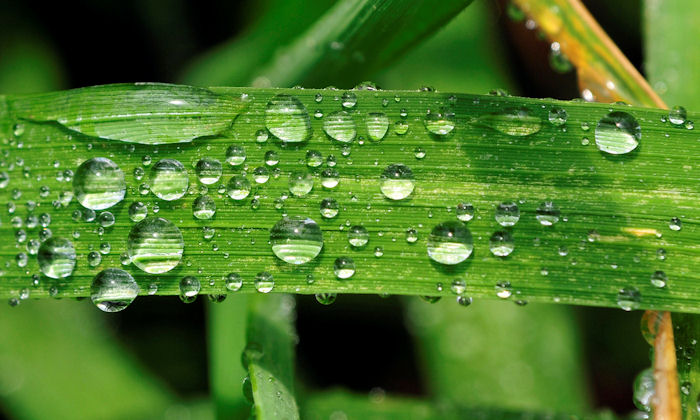Manchester researcher helping to tackle the world’s water challenges
30 Sep 2016
A researcher from the University has developed a free tool to help scientists and policymakers to manage agricultural water use and improve crop water productivity in regions where supply is scarce

Globally, there are growing demands to produce more food with less pressure on water resources and the environment. Mathematical models that simulate how crops respond to water are powerful tools for addressing this complex challenge. However, the informative data from these models is only valuable if it is easily and widely accessible to the researchers and others who can use it with other water management software and data.
AquaCrop is a crop water productivity model created by the United Nations’ Food and Agriculture Organization (FAO) in 2009. Tim Foster, lecturer in water-food security in the School of Mechanical, Civil and Aeronautical Engineering, worked with colleagues at FAO, the Water for Food Global Institute at the University of Nebraska (WFI) and Imperial College London to develop an open-source version of this tool, called AquaCrop-OS, which can be downloaded for free from aquacropos.com.
Farm managers, policy makers, researchers and others can use the tool for water use decision-making, from the scale of an individual field all the way up to the level of a large catchment or aquifer.
“We created AquaCrop-OS to provide a free, open-source software tool that makes it easier for scientists and policymakers to devise creative solutions to real-world water and food security challenges,” said Tim. “We hope that AquaCrop-OS will help to improve the resilience of agricultural to droughts and climate change, and provide new insights to guide efficient and sustainable management of scarce water resources.”
“FAO is excited to be a partner in the development of AquaCrop-OS, which we believe will provide an important extension of AquaCrop for users interested in assessing the complex economic, social, and environmental implications of agricultural water use,” said Pasquale Steduto, the Food and Agriculture Organization’s Near East and North Africa deputy regional representative.
